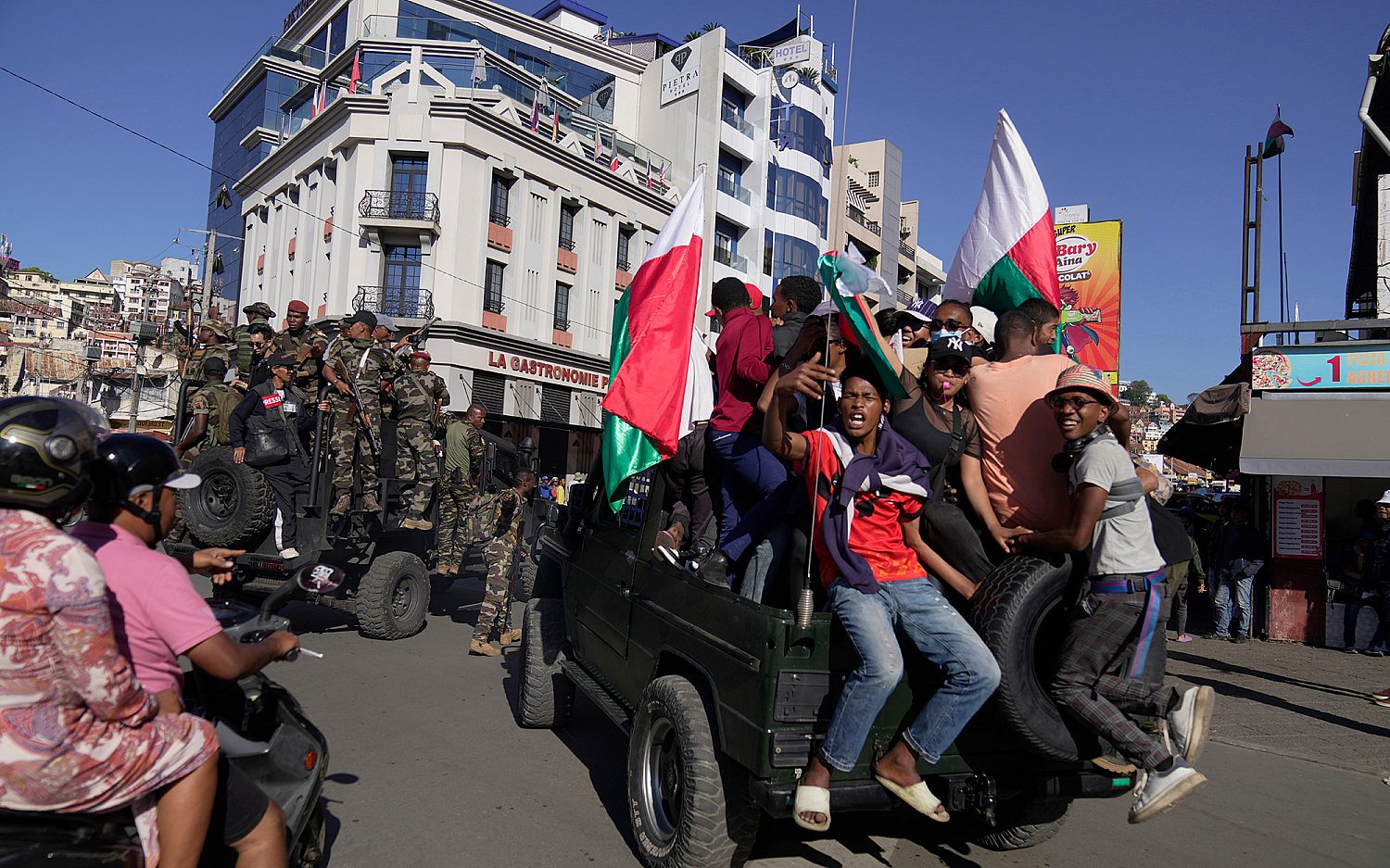Angola struggles through yellow fever epidemic amid stagnant economy
Angola is battling its worst yellow fever outbreak in 30 years. The disease has infected more than 450 people and killed 178, the World Health Organization (WHO) reported Thursday. The epidemic erupted as the oil-dependent country struggles through a decline in oil prices and severe budget cuts.
The outbreak was first reported in December in Viana, a poor suburb in the capital city Luanda. It has since spread to six of the country’s 18 provinces.
“With the majority of cases reported in the capital city Luanda, the situation is more dangerous and difficult to contain because the disease can spread more easily from one person to another,” Sergio Yactayo, a WHO expert on epidemic diseases, said in a written statement.
While WHO and its partners have vaccinated 5.7 million people, an additional 1.5 million doses are still needed in the Luanda province alone. At least half of severely affected patients who don’t receive treatment die within 10 to 14 days.
Yellow fever is a viral hemorrhagic disease transmitted by infected mosquitoes, primarily the Aedes Aegypti. WHO said the affected areas of Luanda have a higher density of the mosquitos, which breed in natural and artificial water-holding containers. Health officials believe poor sanitation conditions in the country triggered the epidemic.
The oil-dependent country was hit hard by the decline in oil prices beginning last year and responded with deep budget cuts. With less funding for trash collection, waste piled up and served as a breeding ground for the mosquitoes in poorer regions like Viana, where the first case of yellow fever occurred.
“It’s a health risk,” said Inge Amundsen, a senior researcher at Chr. Michelsen Institute, a Norwegian research organization. “They haven’t been able to pay the companies they hired to do the job.”
Other diseases such as malaria, chronic diarrhea, and cholera also are on the rise, according to health officials. On March 18, President José Eduardo dos Santos, created a commission tasked with cleaning up the Luanda province.
The disease has spread to China, the Democratic Republic of Congo, and Kenya. In an attempt to curtail the outbreak, WHO said it will prioritize vaccinations for people at the highest risk. While vaccination can help control the disease, the best preventive is to eliminate all mosquito breeding sites and apply insecticides to water, where the mosquitoes develop at their earliest stages, the WHO advised.
An actual newsletter worth subscribing to instead of just a collection of links. —Adam
Sign up to receive The Sift email newsletter each weekday morning for the latest headlines from WORLD’s breaking news team.





Please wait while we load the latest comments...
Comments
Please register, subscribe, or log in to comment on this article.